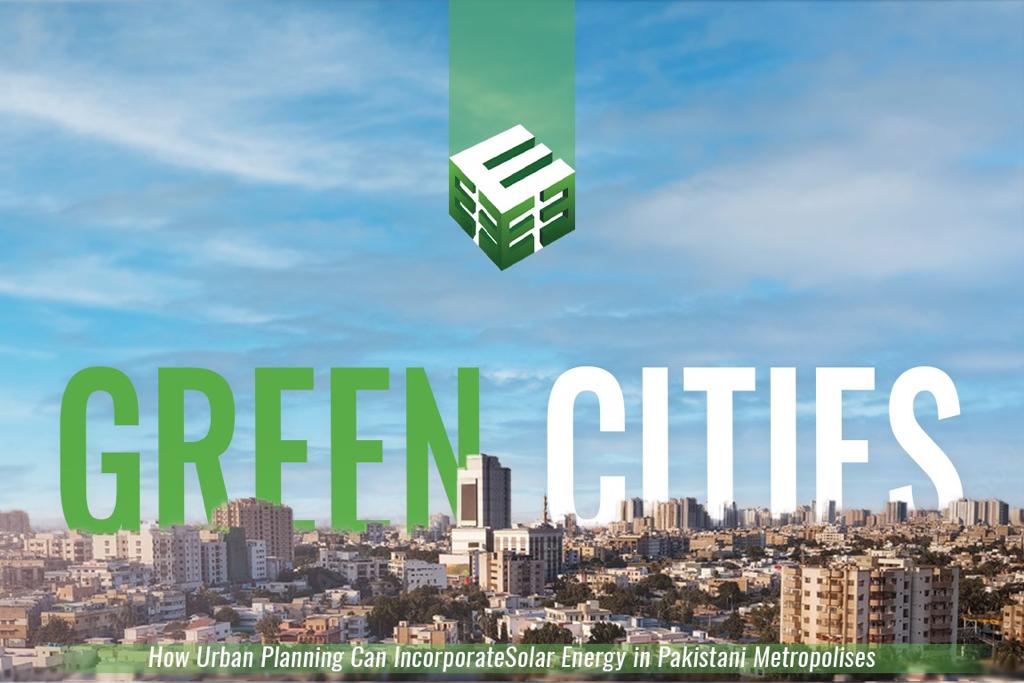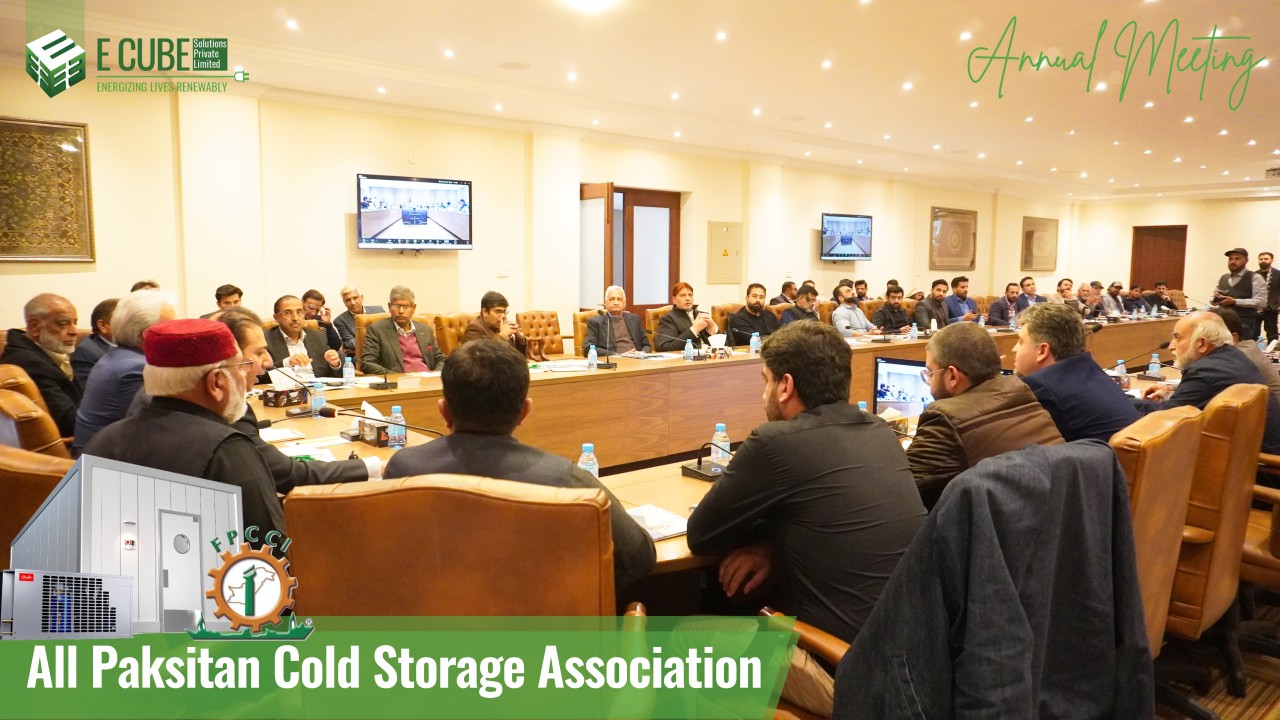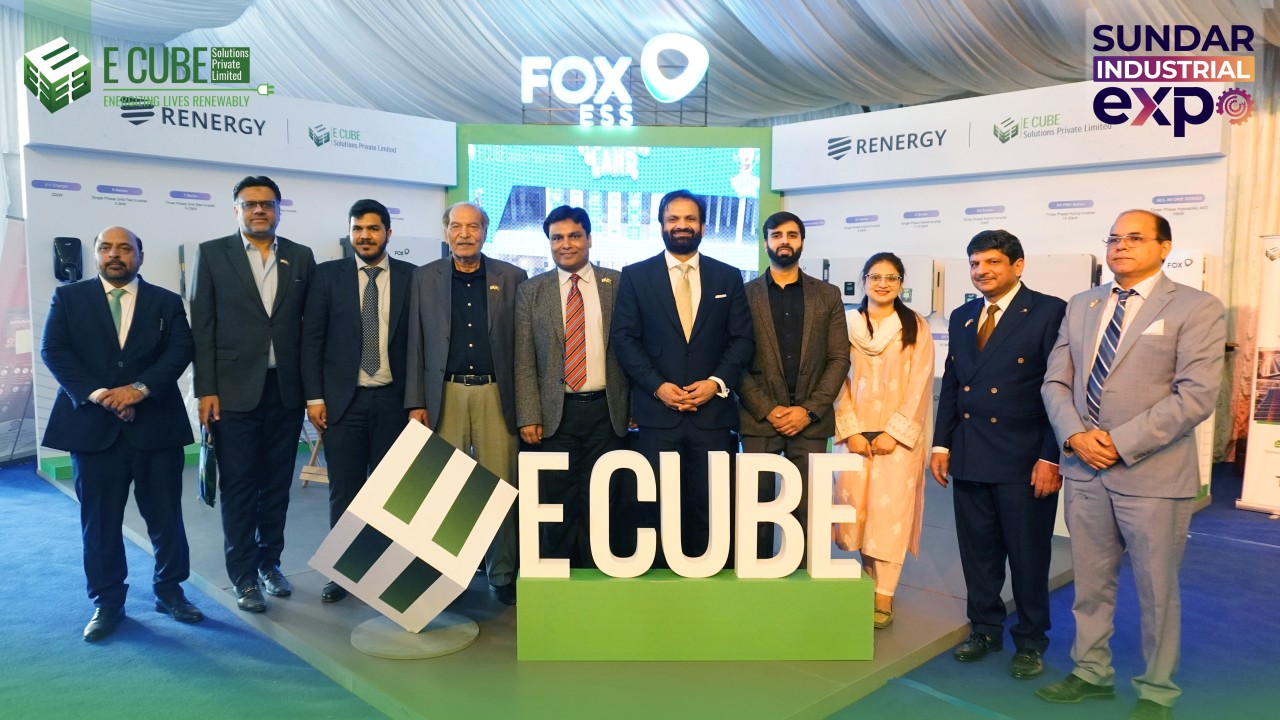
Green Cities: Illuminating Pakistani Metropolises with Solar Energy Integration
As the world grapples with environmental challenges, the concept of green cities has gained momentum. In the heart of South Asia, Pakistani metropolises are striving to balance rapid urbanization with sustainable practices. One pivotal aspect of this transformation is the incorporation of solar energy into urban planning. This blog explores the potential of solar energy integration in Pakistani cities and how urban planning can pave the way for a greener, more sustainable future.
The Solar Advantage:
Pakistan, blessed with abundant sunlight throughout the year, holds immense potential for harnessing solar energy. With an increasing demand for electricity, leveraging solar power can not only address energy needs but also mitigate the environmental impact of conventional energy sources.
Urban Planning Strategies:
- Solar-Powered Infrastructure:
- Integrate solar panels into public infrastructure, such as streetlights, traffic signals, and bus stops, to harness energy from the abundant sunlight and reduce reliance on the grid.
- Green Building Codes:
- Implement and enforce green building codes that encourage the installation of solar panels on rooftops. This initiative can significantly contribute to energy generation and make buildings more sustainable.
- Solar Parks and Micro grids:
- Develop solar parks within the city limits and establish microgrids that allow communities to generate and manage their energy locally. This decentralized approach enhances energy resilience and reduces transmission losses.
- Incentives for Solar Adoption:
- Introduce financial incentives and subsidies for businesses and households adopting solar energy. This can make solar solutions more accessible and attractive, fostering a culture of sustainable energy practices.
- Public Awareness Campaigns:
- Launch awareness campaigns to educate the public about the benefits of solar energy. Building a sense of environmental responsibility can encourage citizens to embrace solar technologies in their homes and workplaces.
Case Studies:
Highlight successful examples of solar integration in urban planning from around the world and discuss how these models can be adapted to the unique context of Pakistani metropolises. Showcase cities that have effectively utilized solar energy to power public spaces, reduce carbon emissions, and enhance overall sustainability.
Challenges and Solutions:
Acknowledge the challenges associated with incorporating solar energy into urban planning, such as initial costs, technology limitations, and regulatory hurdles. Propose solutions and emphasize the long-term economic and environmental benefits that outweigh these challenges.
Conclusion:
In the pursuit of green cities, Pakistani metropolises stand at a crucial juncture. By embracing solar energy integration in urban planning, these cities can not only address energy needs but also contribute significantly to global efforts in combating climate change. Through a combination of innovative strategies, public awareness, and collaborative efforts, Pakistani cities can illuminate a path towards a more sustainable and environmentally conscious future.



